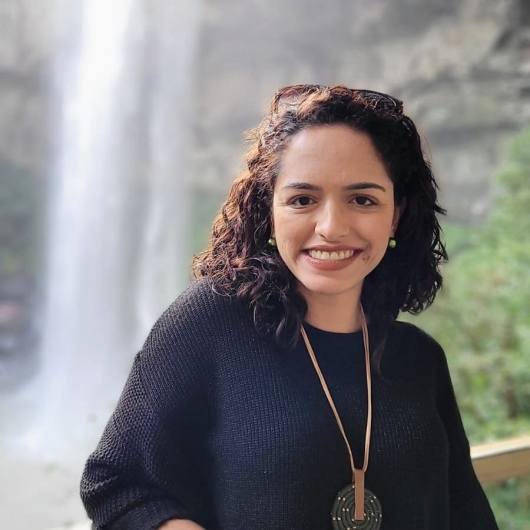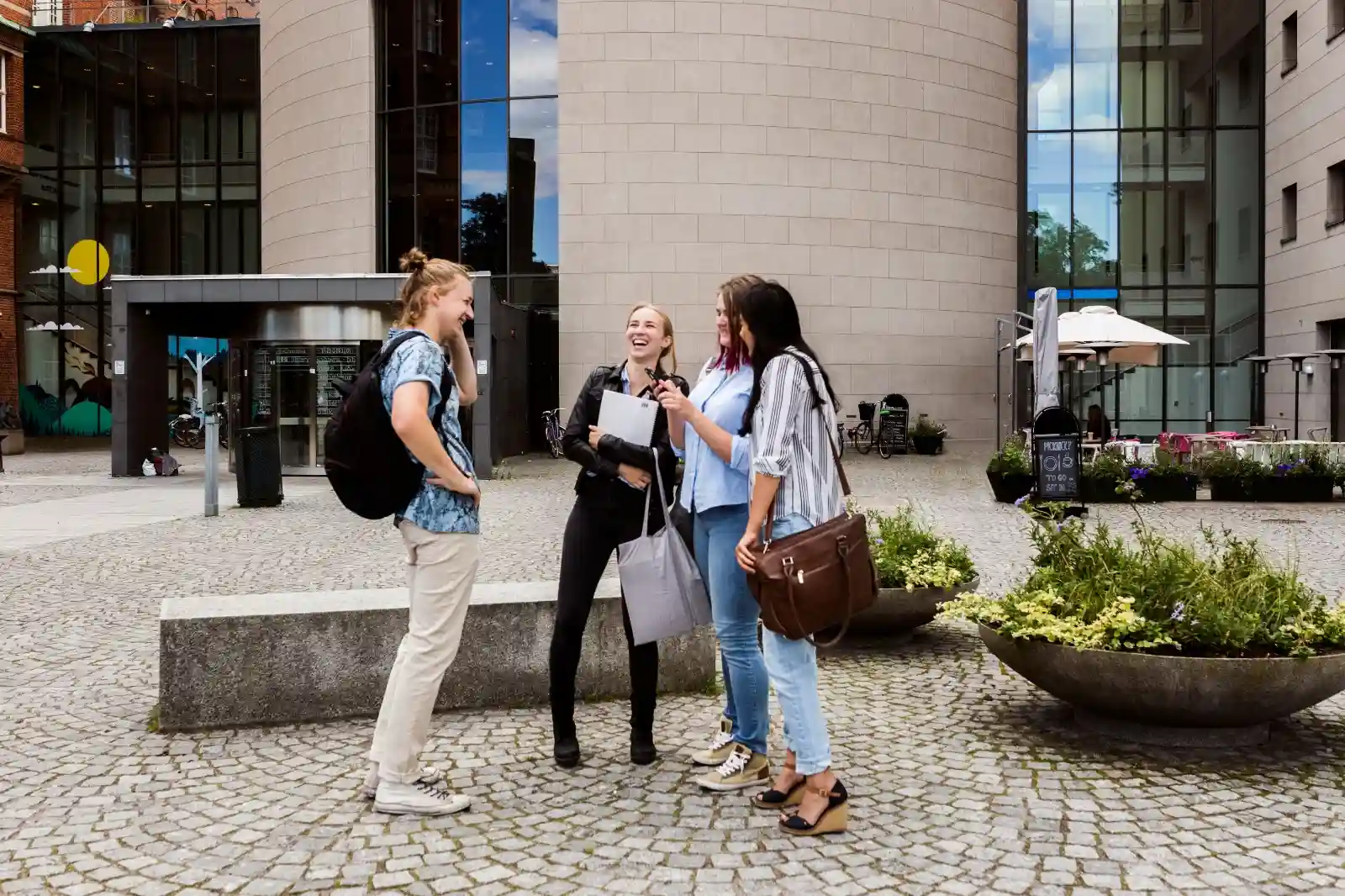Program Summary
Education is at a crossroads, and future educational researchers need a global vision and a mastery of emerging technologies. Our PhD prepares researchers to design and implement innovative, evidence-based educational systems that promote equity, inclusion, and meaningful learning in any cultural context.
Why choose this PhD at NGCU?
Explore the potential of the metaverse to create immersive learning experiences. Delve into neuroscience to develop research-based pedagogical strategies. Analyze and propose solutions to global educational challenges. Integrate sustainability principles into education. You will be a research leader capable of transforming educational theories and acting as a university professor, senior researcher, or public policy maker.
Program Coordinator

Dr. Isabella Rossi
PhD in Educational Technology and Learning Sciences
Dr. Rossi is an expert in learning design and immersive technologies. Her research focuses on the intersection of neuroscience and digital education, with publications in journals such as the "Journal of Learning Sciences." She collaborates with UNESCO on projects about the future of global education.
Innovative Research Lines
Develops the ability to research and create learning environments that respect and celebrate different cultures, focusing on research methodologies.
Explores the use of emerging technologies (VR/AR, metaverse) to create learning experiences, analyzing their impacts and effectiveness through research.
Focuses on how to integrate sustainability principles into curricula and educational practices, with an emphasis on proposing new models.
Studies how the brain learns and how to apply this knowledge to personalize teaching, generating knowledge about new approaches.
Prepares to act in the formulation of educational policies, advocating for equity and innovation through political and social research.

